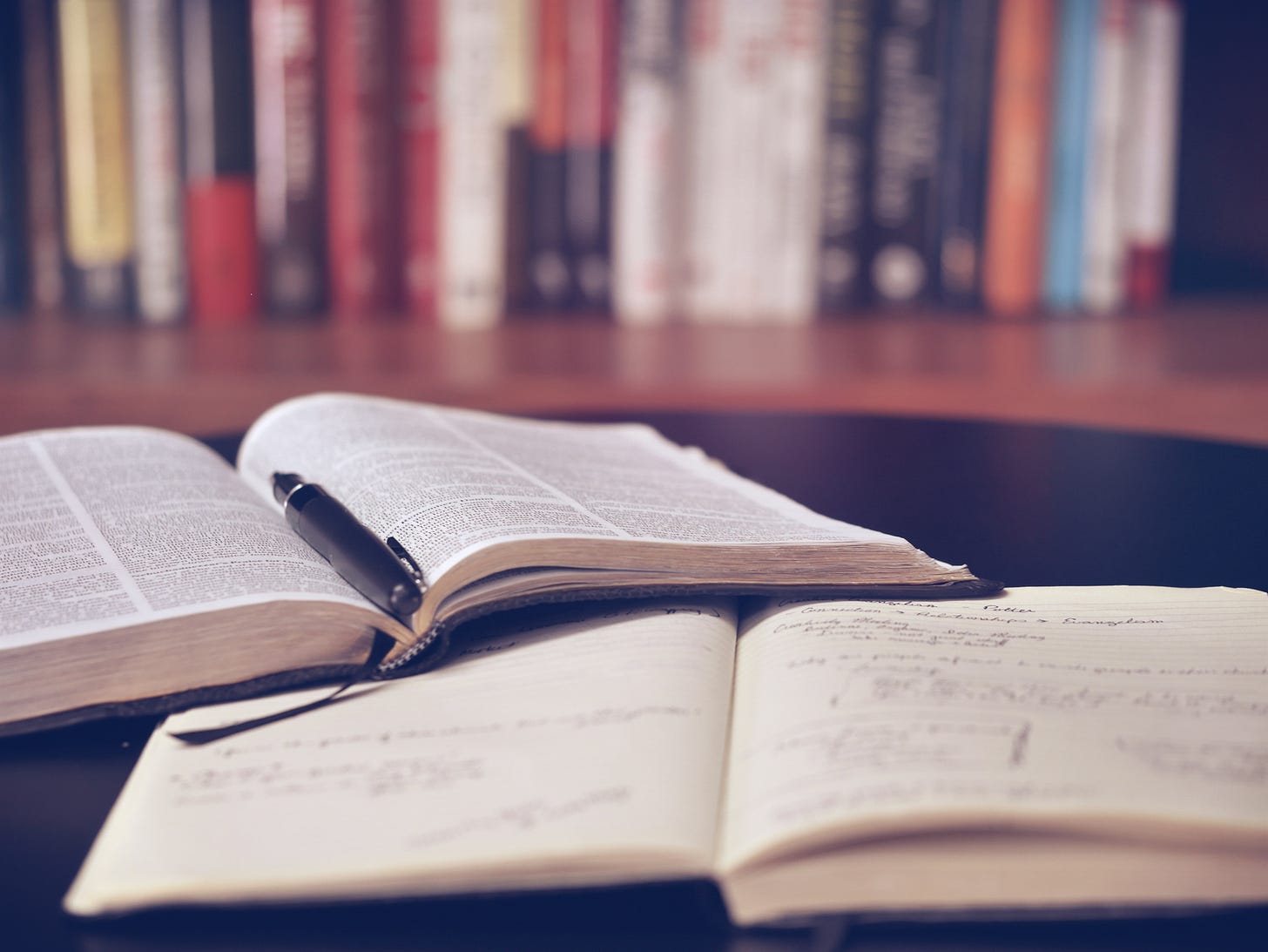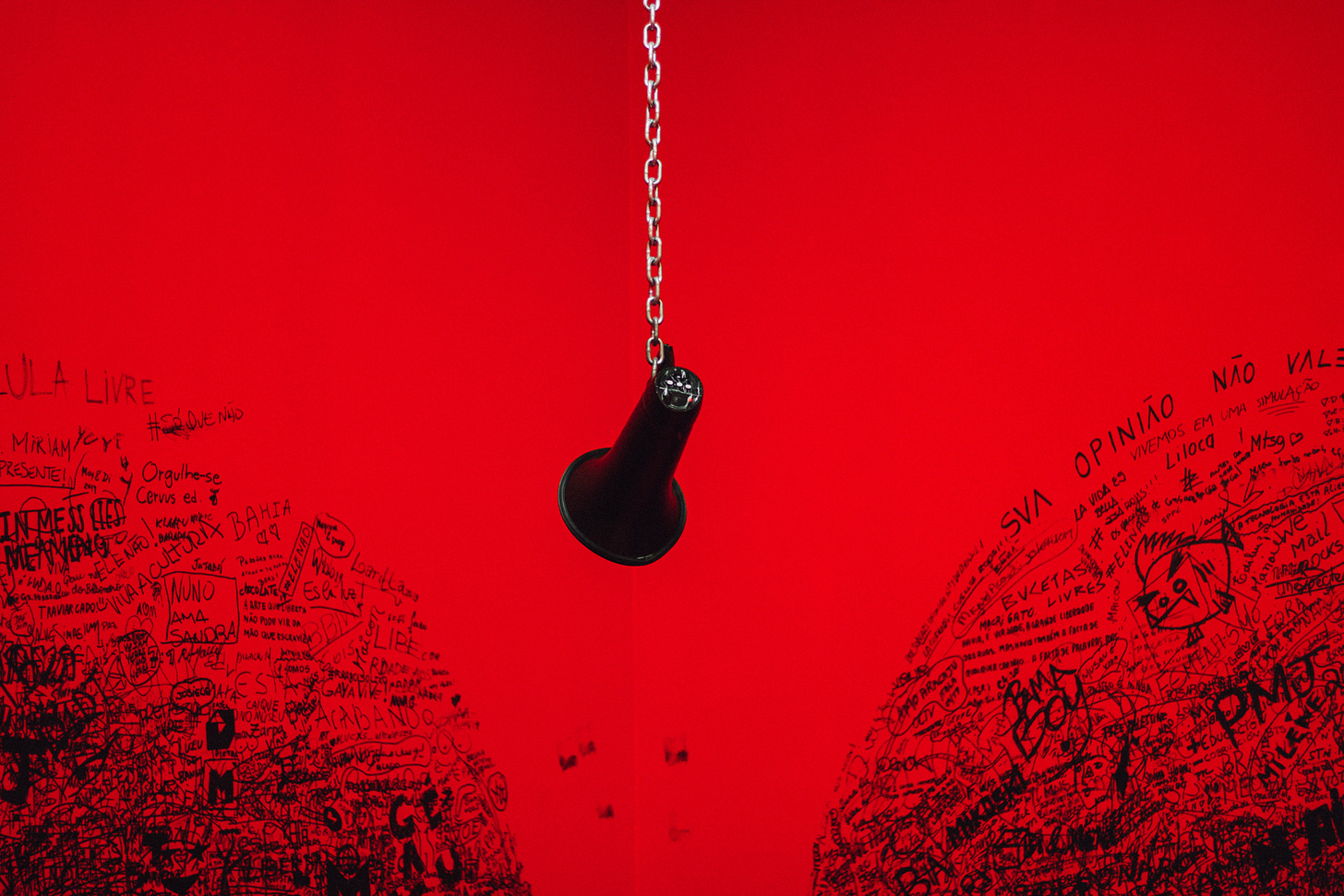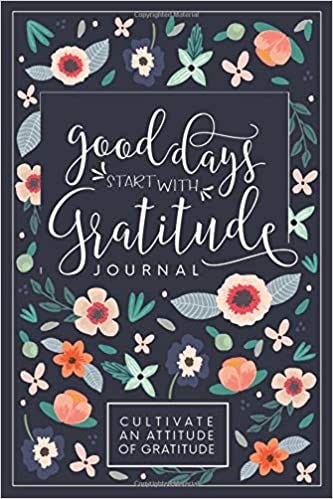Some ideas to challenge your mind for 2022
Read books
We consume a lot of content online in the form of blogs, tweets, news articles, but all of those pale in comparison to reading books. Trevor Noah puts it well:
If you add up how much you read in a year on the Internet—tweets, Facebook posts, lists—you’ve read the equivalent of a shit ton of books, but in fact you’ve read no books in a year."
I wrote earlier why reading books is useful, so I will skip emphasizing its importance again. But one of my best investments over the past few years have been to read a lot of books.
Unfortunately though, I also want to acknowledge that I ended up playing a game, and fooling myself a bit. The game was to read as many books as possible. Each year on Goodreads, you can set a goal and I tried to go up and up on it. That meant, sometimes I had to power through books or listen at 1.7x (no, 3x doesn’t work for me), which definitely hurt the comprehension.
Next year, I want to adopt a higher quality reading style next year which means I will read fewer books than this year, but that’s alright. I will write more about what I think means “higher quality reading”, but in a nutshell, I want to read, then recall it, write about it, and reflect on what I read and how it connects to other stuff.
Write
Write, and if possible, write online. Start a blog if you don’t have one already. There are tons of reasons to write, which I wrote about earlier. If you think writing can be helpful to think, you are wrong: writing is thinking.
I can’t remember who said it, but writing online can be a very high leverage activity.
No-complain challenge
I came across this challenge recently when I was reading an excellent article called “Opt out of cynicism” by Dimitar Simeonov.
One of the strongest medicines against cynical mindset which I’ve tried is to do a “no-complain challenge”. I find its effects to be enormous and durable for years. In this challenge, you move a bracelet from one wrist to the other when you catch yourself complaining. The goal is to make it 21 days without having move the wrist. I did it years ago, and by the end of it, it felt as if I am in a different universe. With the years, some of its effect has rubbed off, and I am due a refresher.
I have recently started to notice how much people complain. I am sure I complain as well, but I am conscious these days when I realize I am complaining.
Dial down on the social media
Twitter can be useful, but there is a lot of outrage out there, and moreover, the dopamine release of the notifications can be addictive. Similarly, other social networks provide some value as well (to varying extent). But it is up to us to use them correctly. So try limiting the time you spend on the social media.
And reduce the phone usage as well
If I told you that someone will interrupt you every few minutes to tell you something when you are in the middle of your work, or talking to your child, you will be quite alarmed.
Yet, that’s what our phones do to us.
In my case, I have massively cut down on Social media and reading news online. But recently I started increasing my Twitter usage, only to realize that I was checking Twitter constantly every half an hour or so.
So my goal is to still use Twitter, but not be ruled over by it.
Reframe Challenge
Try to reframe each negative situation into a positive one.
When Edison’s factories burnt down when he was 67 years old, he reframed the tragedy into a win:
According to a 1961 Reader's Digest article by Edison's son Charles, Edison calmly walked over to him as he watched the fire destroy his dad's work. In a childlike voice, Edison told his 24-year-old son, "Go get your mother and all her friends. They'll never see a fire like this again." When Charles objected, Edison said, "It's all right. We've just got rid of a lot of rubbish."
When you encounter a boring task like having to do chores, reframe it to an opportunity to clean up. Instead of using “I have to,” you can say “I get to.” So, instead of “I have listen to this boring person talking,” it can be reframed to “I get to practice focusing.”
Gratitude Journal
Maintaining a gratitude journal has shown to improve wellbeing, sleep, and a host of other things. By practicing it, you will be forced to reframe on the positive and reduce how much you complain.
According to NPR:
And noting your gratitude seems to pay off: There's a growing body of research on the benefits of gratitude. Studies have found that giving thanks and counting blessings can help people sleep better, lower stress and improve interpersonal relationships. Earlier this year, a study found that keeping a gratitude journal decreased materialism and bolstered generosity among adolescents.
You can get started by writing it our on your diary if you have one, or at one of the online journals, or something like Roam Research or Remnote, or if you really feel inclined to it, in a physical gratitude journal like this one.
Seek Discomfort
I am not suggesting that you inflict pain upon yourselves unnecessarily. But I think there are two reasons to seek discomfort: to enjoy the comforts better, and to use it as a stoic weapon for personal growth.
Our lives are now hyper-optimized to avoid any sort of discomfort, that the modern day comforts do not give us joy. If you venture out in the cold, you can experience happiness in a heated room, instead of being numb towards it.

Seneca was one of the wealthiest men in Rome, yet he used to live like a pauper because he knew he could lose his wealth any time and didn’t want to be a slave of his wealth. While life is generally better for us than the Romans, it is still possible that one could lose a lot of material possessions overnight. If you have never experienced discomfort, what will you do then?
Meditate
This is the ultimate challenge for your mind. Every great thing man has done is a result of focused effort. And meditation helps you focus. At the same time, our inability to control our emotions causes so much trouble.
All of humanity's problems stem from man's inability to sit quietly in a room alone.
- Blaise Pascal
I have been meditating for the past 150+ days without missing a single day, and it has helped me improve my focus and self-awareness, both of which has in turn helped me reduce stress and improve my mental well-being.
I personally think meditating is one of the most important things you can do, and if you are rigorous in using Eisenhower’s matrix, then you will automatically prioritize meditation over other urgent things to do.
Please let me know how you plan to challenge and stretch your mind in 2022.






